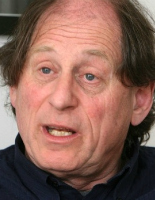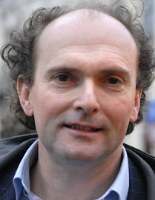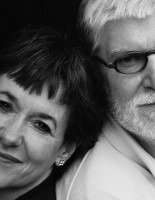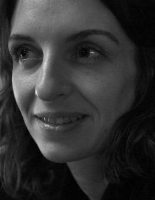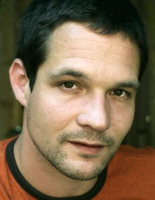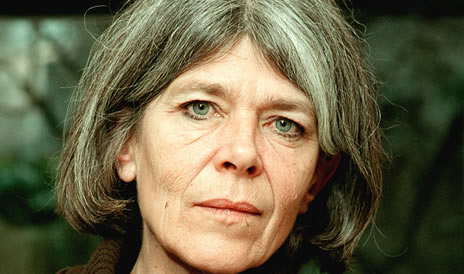
Anna Enquist
- An evening of poetry
Date: Fri 2 September Time: 07.00 pm Venue: Trainspotting - Anna Enquist discusses The Masterpiece with Xu Kun
Date: Sat 3 September Time: 02.00 pm Venue: BIBF - Counterpoint - concert and lecture by Ivo Janssen and Anna Enquist
Date: Sun 4 September Time: 7.30 pm Venue: China Conservatory of Music
Life and work
Anna Enquist (b. 1945) is one of the most popular writers in the Netherlands. She trained in piano at the academy of music in the Hague and at the same time studied psychology in Leiden. When she made her debut as a poet in 1991 with the collection Soldatenliederen (‘Soldiers’ Songs’), for which she was awarded the C. Buddingh’ Prize, she was working as a psychoanalyst. Since then she has devoted much of her time to writing. With her first two novels, Het meesterstuk (‘The Masterpiece’, 1995) and Het geheim (‘The Secret’, 1997), psychological novels in which classical music is central, Enquist quickly reached a broad readership. In 2002 she wrote the Book Week Gift, De ijsdragers (‘The Ice Carriers’), and in 2005 she published the major historical novel De thuiskomst (‘The Homecoming’), which focuses on James Cook’s wife Elizabeth Batts. For the French translation of this novel, she received the Prix du Livre Corderie Royale-Hermione. ‘Enquist understands emotion,’ is how one critic has described the appeal of her work.
Het meesterstuk
Anna Enquist has an innate talent for telling stories; they flow as naturally and spontaneously as a mountain stream. Her refined psychological insights clothe her characters in flesh and blood, and her musicality is remarkable, with never a false one.
The Masterpiece is based on Mozart’s opera Don Giovanni, Enquist’s modern setting adding an extra dimension to the tale. Johan Steenkamer, a painter driven by ambition and lust, represents Don Juan; always the centre of attention, he aims to be the ultimate focus of everyone’s thoughts, but he is incapable of true love, friendship and intimacy. When his daughter dies, his wife mourns, while he can only lose himself in artistic and erotic adventures until he is utterly isolated, even from his wife. Yet he is able to demonstrate the astonishing power of art by brilliantly capturing his wife’s grief in a portrait he paints of her; he can give himself to art but not to people. Enquist’s portrayal of his tragic position is utterly convincing.
Translation in Chinese
- Enquist, Anna. [Jiezuo] Chinese / translated from English by Yu Ouyang. Shanghai: Shanghai Literature and Arts Publishing House, 2009. ISBN:9787532136094.
